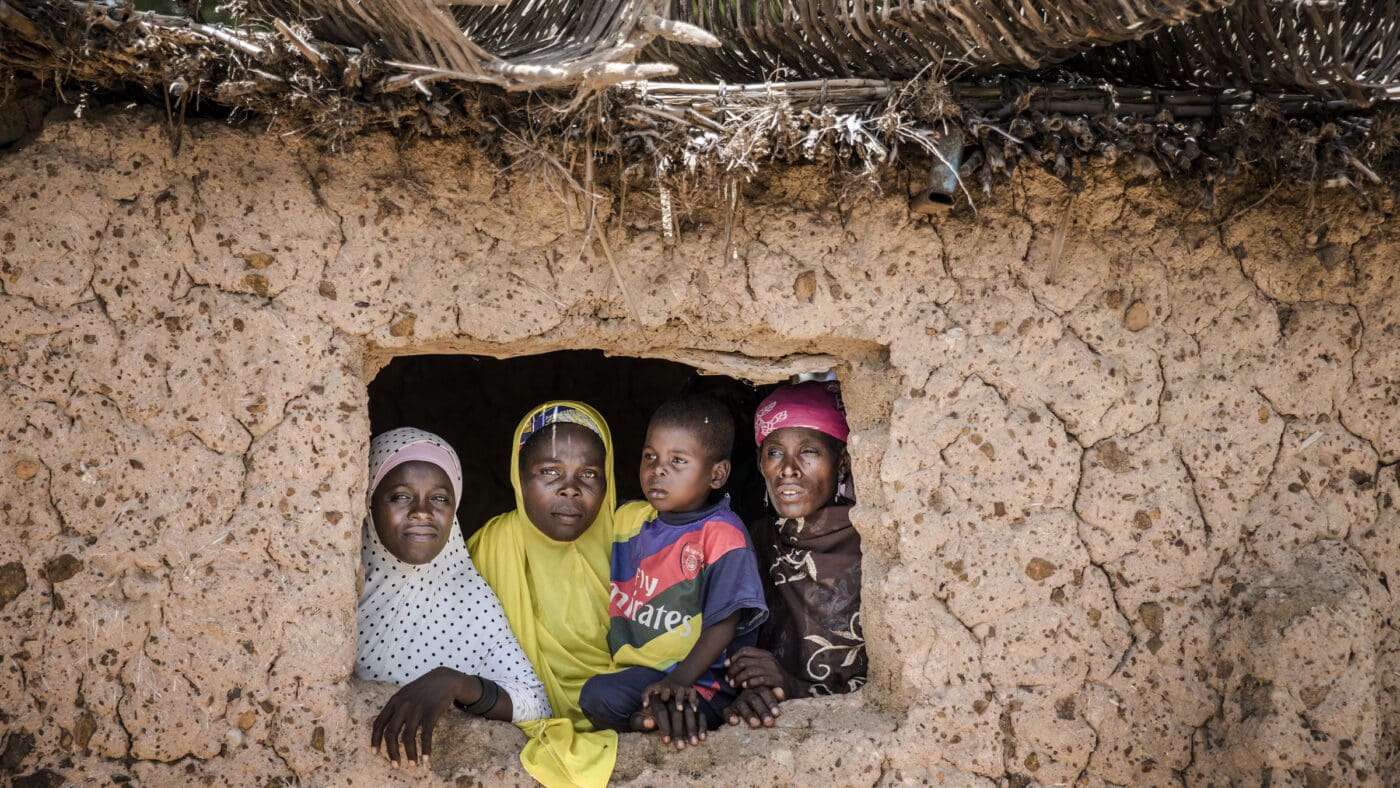
Hunger Crisis in the
The Sahel
The Central Sahel – encompassing Burkina Faso, Mali and Niger – risks being consumed by a lethal mix of escalating conflict and extreme weather.
A Deadly Combo of Conflict AND
EXTREME WEATHER
The conflict in the Sahel is upending lives and forcing more people to flee in search of safety. Millions of people across the region are in need of urgent, lifesaving food. Hunger has already reached catastrophic levels in Mali.
10 million people are facing
acute hunger
WFP can only reach 7.3 million
people due to funding shortfalls
3.4 million people are
on the brink of starvation
The Situation in the Sahel

Burkina Faso
Burkina Faso is in the grips of a massive humanitarian and hunger crisis driven by armed conflict, political instability, widespread poverty and extreme weather. One in ten people – more than 2 million – have fled their homes due to rising violence, which makes Burkina host to one of the fastest-growing displacement crises in the world. 2.7 million people are facing acute hunger.

Mali
Conflict, extreme weather and high food prices have driven hunger to catastrophic levels in Mali. 1.3 million people are experiencing a hunger crisis, including over 2,500 people facing starvation.

Niger
Niger faces a dire hunger and malnutrition crisis driven by conflict, insecurity, rising prices and extreme weather. 3.2 million people don’t know where their next meal will come from and 1.4 million children are acutely malnourished.



WFP’S WORK IN THE SAHEL
In the Sahel, WFP combines lifesaving food assistance with an integrated package of programs that support people’s livelihoods. However, WFP will be forced to suspend food and nutrition assistance for 2 million crisis-affected people across the Sahel and in Nigeria in April due to limited funding.

WFP provides lifesaving food and nutrition assistance to people facing extreme hunger including internally displaced people, refugees and people affected by the lean season.


Emergency school meals provide children with the nutrition they need to grow up healthy and stay focused in the classroom. These meals may be the only food a student has each day.


WFP supports small-scale farmers by providing them with the training, tools and market access they need to increase their incomes and provide enough food for their families.

Communities in the Sahel need food.
It’s investing in activities that improve livelihoods, restore ecosystems, create jobs and build social cohesion. These projects aim to transform lives, end hunger, reduce unsafe migration, educate young people and help families overcome hardship.